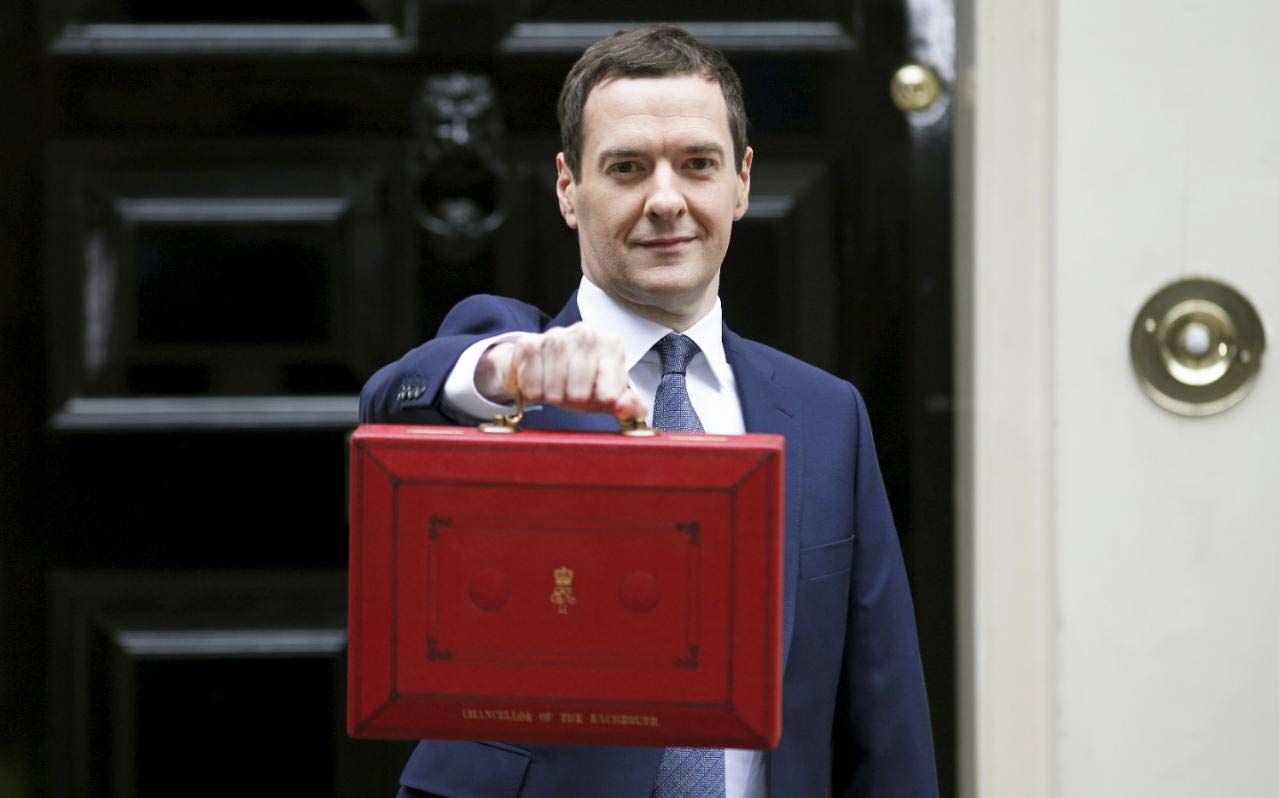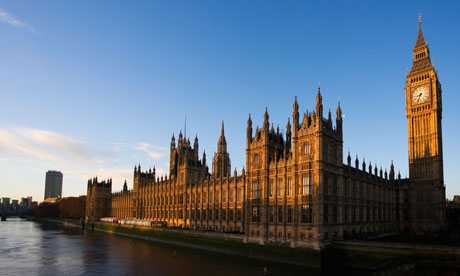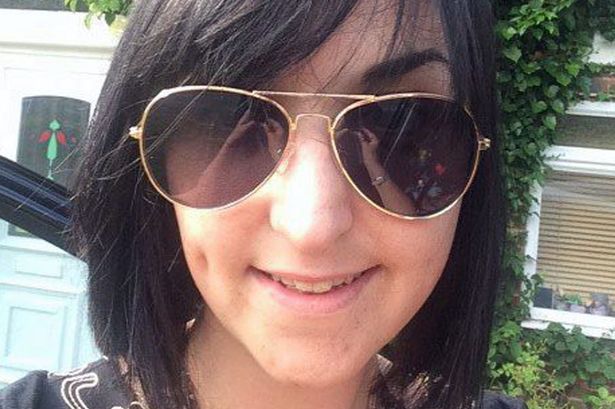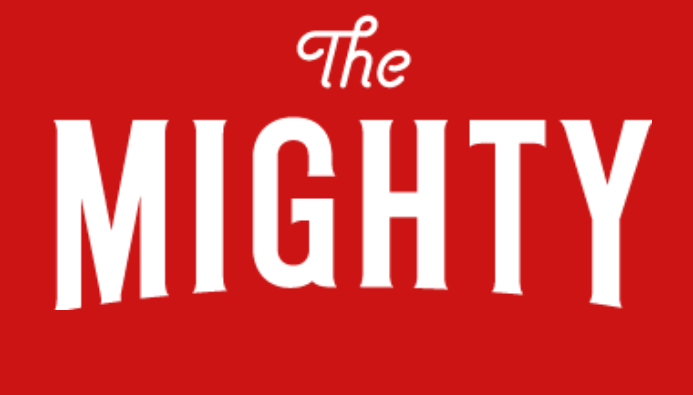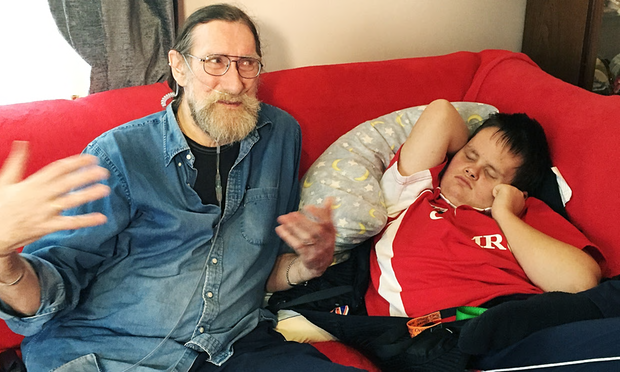h
‘Hi, I’m Sallie and I have Holt-Oram Syndrome. It affects my upper limbs, back and heart. I don’t have any thumbs, but I do have nine fingers. I’m also missing a few bones and muscles here and there, and use my right arm for pretty much everything. Oh and I have a pacemaker, but my heart’s okay now!’
 My condition is so rare that over the years I have perfected this introductory statement in order to provide inquisitive people with a brief explanation as to why I am the way I am. It no longer surprises me if a doctor starts tapping ‘Holt-Oram Syndrome’ into Google, or begins flicking through a medical book in the hope of finding a definition. Aside from my condition, I am an illustrator and work part-time for Enhance the UK – I also illustrated Enhance the UK’s first ever children’s book which is due to be published later on this year.
My condition is so rare that over the years I have perfected this introductory statement in order to provide inquisitive people with a brief explanation as to why I am the way I am. It no longer surprises me if a doctor starts tapping ‘Holt-Oram Syndrome’ into Google, or begins flicking through a medical book in the hope of finding a definition. Aside from my condition, I am an illustrator and work part-time for Enhance the UK – I also illustrated Enhance the UK’s first ever children’s book which is due to be published later on this year.
Holt-Oram Syndrome (HOS) is estimated to affect 1 in 100,000 individuals and is caused by a mutation of the TBX5 gene. The condition affects the upper limbs and in roughly 75% of cases the heart is also affected. The heart problems linked to HOS generally cause a defect in the muscular wall. Atrial septal defect (ASD), vetricular septal defect (VSD) and cardiac conduction disease are amongst the most common heart problems experienced by people with HOS. To date, I have been diagnosed with two out of three of the above heart problems; my first surgery being when I was two years old, with my most recent occurring a month before I started university at the age of 19. I am due to have my pacemaker changed soon – I don’t know when yet, but it’ll definitely be within the next two years and this terrifies me. For the standard person, pacemaker surgery is a fairly straightforward procedure, but for me it caused two years of chest pain – simply because my anatomy is that weird and there just wasn’t room for a strange metal object to be implanted underneath my wonky ribcage.
Strange as it may sound, my unusual hands have had names since I was tiny. My left is Little Hand whilst my Right is called Big Hand. My left arm is more severely affected; I don’t have a ball and socket joint in my shoulder, the ulna and radius bones are fused and out of my four fingers only two work because the others are stuck in a bent position. I also have lymphoedema in my left arm, basically because my lymph nodes are too tiny to drain fluid. My right arm is less affected – but ironically, causes me much more pain. I have five fingers but no thumb and I’m missing bones in my wrist. My shoulder and collarbone are also a bit unusual and I rely heavily on my right arm to work hard as my left side is pretty weak. Naturally, this imbalance causes tons of pain – and I have lived in constant musculoskeletal pain since I was a child. I’m an absolute expert with prescription drugs and I take a whole cocktail of these daily – my friends constantly joke about this – I’m thrilled I can be a source of amusement but I do wish the medication helped a little bit more.
Luckily, I have a wonderful chiropractor and a lovely physiotherapist, and they’re both very familiar with how living in pain can make me switch between being highly stubborn one minute, and an emotional pity party the next. Heat is also an absolute lifesaver, and during my time at university I constantly relied on my friends to do hot water bottles for me. I’m also massively fussy with beds, my boyfriend and mates joke that I am the Princess and the Pea but it’s totally true – I can’t book a hotel until I can be assured that they have soft, memory foam mattresses!
Before having read this you may also look at photos of me, or meet me in person and question what’s even wrong – especially because I pride myself in ensuring that I don’t look any different to other 25 year olds (except for the fact that I have a baby face). This is why I am passionate about working for Enhance the UK – I am here to represent those with disabilities that may be a little less visibly obvious. Even though my disability isn’t strictly ‘invisible’, I wear clothes that hide my scars and don’t accentuate my disliked body parts. This is a habit I grew up with – as a child I never thought twice about wearing my wrist splints at school (especially because my best pal and I had drawn cool characters and scribbled bubble writing all over them to make me look particularly sassy…). However, this all changed when I started getting severely bullied and called the most imaginative names by a group of nasty girls at school. Bullying totally knocked my confidence, and from then on I over-compensated for my disability by making sure I always had the nicest, coolest clothes that would hide my splints. I still feel the same now, and wouldn’t dream of going out wearing splints or any other disability accessories, even if I require them. This stubborn attitude has backfired though – and these are issues that I will elaborate on in my upcoming articles for Enhance the UK. Aside from dressing in a certain way, it’s second nature for me to act ‘fine’, and I guess this is kind of lying to everyone, and myself? But, living in pain is just…hard? It’s draining, tiring and frustrating but, on the plus side, it has equipped me with an incredibly steadfast and resilient personality.
So, this is just a sort-of introduction, there’s tons to build on – and so many ‘hidden disability’ tales that I can’t wait to share.

